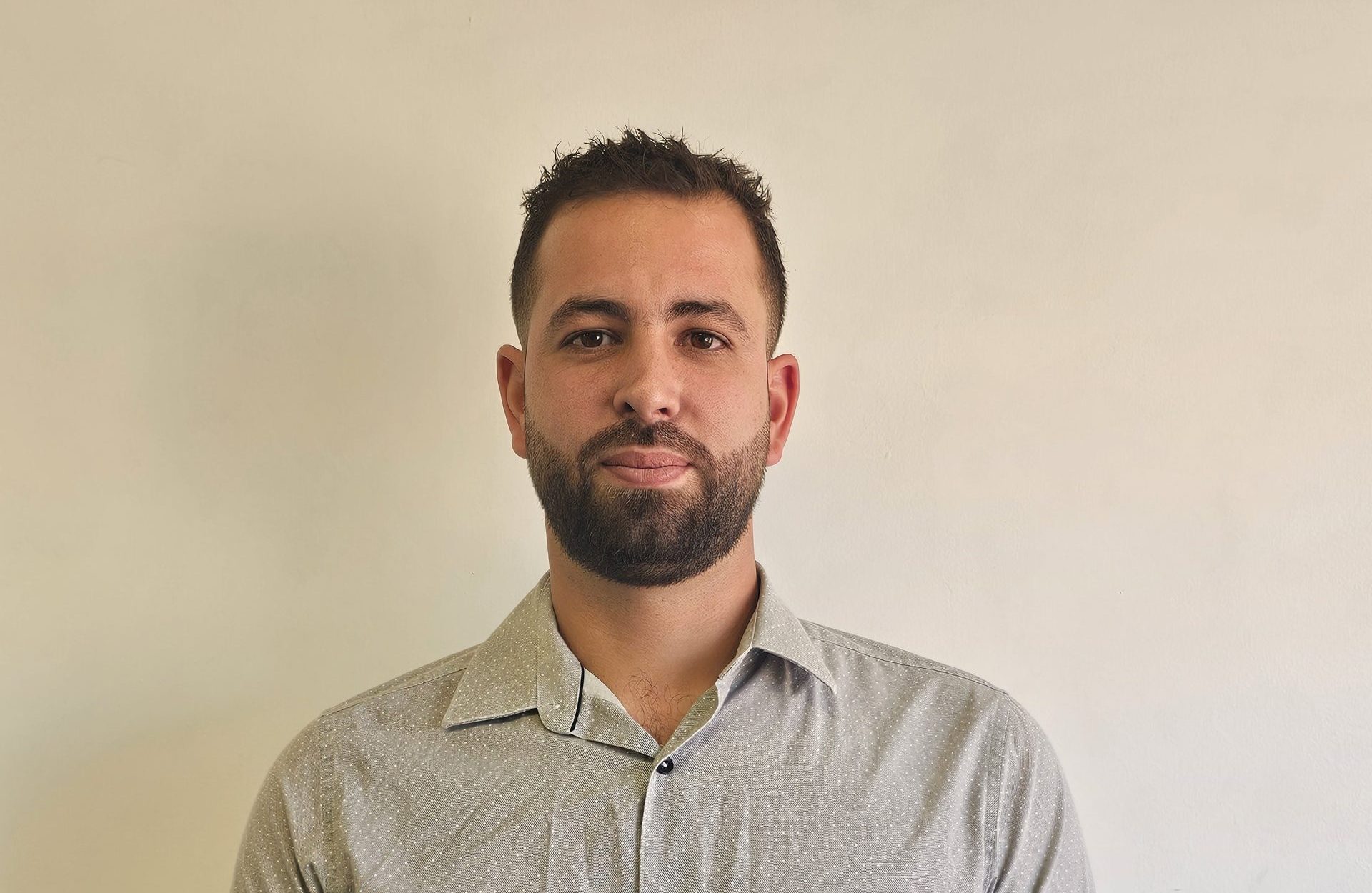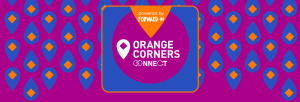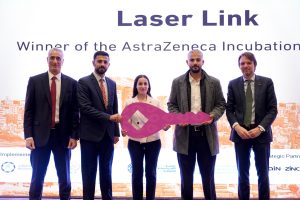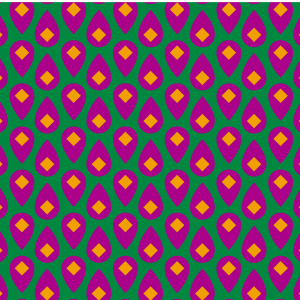With Morocco Machinery, Orange Corners Morocco alum Stephen Kaichouh is transforming Morocco’s industrial landscape by producing custom-made machinery locally. Based in Marrakech, Stephen handles the entire production process – from designing machines and production lines to manufacturing them – helping Moroccan businesses build their equipment domestically rather than relying on imports. We sat down with Stephen to learn more about why this matters.
Hi Stephen, could you introduce yourself and Morocco Machinery?
At Morocco Machinery we produce custom-made industrial machinery, covering everything from designing the machines to assembling, finishing and shipping them. Our clients can rely on us for all types of machinery, from industrial printers and recycling machines to agro-industry machinery for food production, like fish-processing machines or even cake mixers or couscous seeds machinery.
Our clients come from all walks of life, from startups to industrial manufacturers. Mostly Moroccan, but we also have international clients, such as the Dutch Development Bank and SKY, the British TV company. They come to us with a challenge, and we build machines that solve their issue.
One example? One of our clients wanted a cake mixing machine for cakes with specific grammages. On the market, there were machines available for 5 grams, 7.5 grams, 10 grams – but not one machine that could do all three. So we developed that machine. Instead of buying three separate machines, they needed just the one.. so in the end, our custom-made machine even ended up being cheaper for the client.
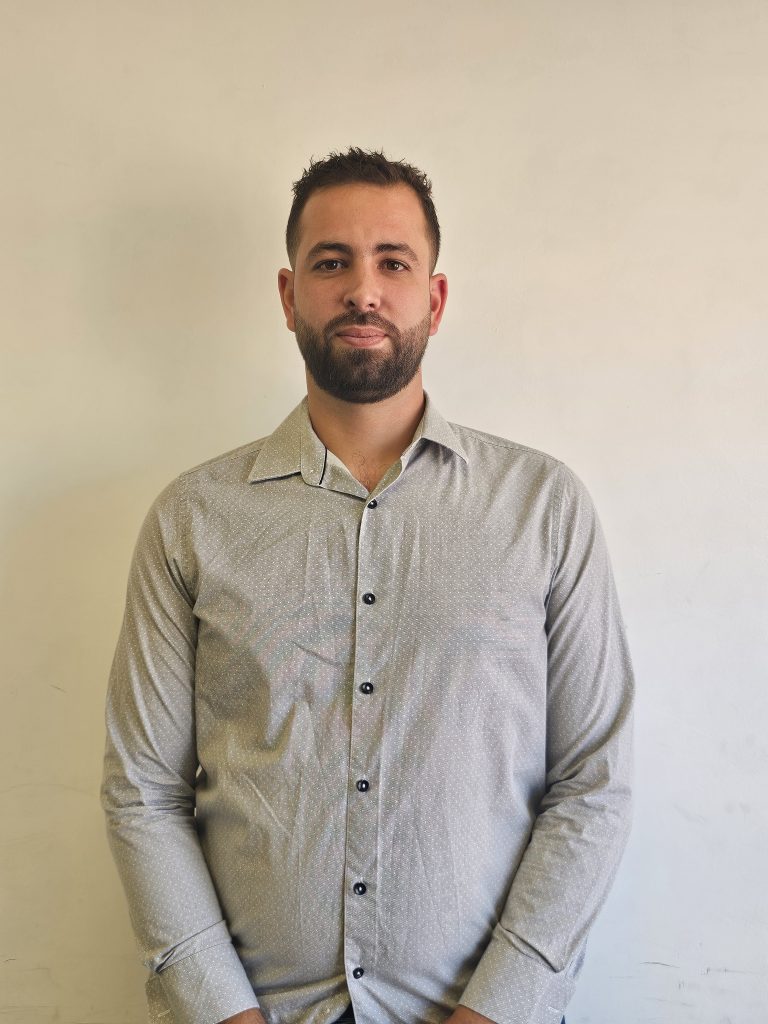
Why is it important to produce this machinery in Morocco? Wouldn’t it be easier and cheaper to get existing machines from abroad, instead of designing them yourself?
Although there are some suppliers of machinery, Morocco Machinery is currently the only company in Morocco producing industrial machinery. And yes, it may be cheaper to buy a machine from China right now, but there are other factors to take into account. Say you get a machine from China today for 7,000 USD, it takes 1.5 months of shipping to get here, takes times to clear customs. It’ll take two months at least before it’s operational. If we scale production here, we might be able to build the same machine in Morocco for just 2,000 USD.
And when a machine is built here, maintenance is also so much easier. We have the machine blueprints, so if there’s an issue, we know exactly where, why and how to solve it. If you’re working on someone else’s machines, it’ll take much more time and effort to figure out a problem. With our own machinery, even a quick telephone consultation is often enough to figure out what exact wire is broken. The same goes for replacing machine parts.
Custom-made machines sometimes even end up being cheaper for our clients!
How did Orange Corners help you?
Orange Corners made us realise that maybe we have too many products. We have CNC Routeurs, some for woodworking, some for stoneworking, some for laser cutting.. They come in different sizes too. And that’s just the CNC Routeur. So we decided to standardise our machines, focus on the one size that’s most used globally, the 1.5×3 metres. For this one size we developed one frame, on which we can put a table. So if you order a steel cutting machine now, we build the laser table on top of that one frame.
In this development phase we don’t take a high margin. Only when these machines are sold regularly that’s when the profit comes in. But once developed, these machines are relatively easy to adjust. You want that same cake mixing machine, but then for 40 grams? We only need to change a few small things to make that happen. But before we get to that point, it’s a slow process. It’s investment work, it’s engineering.
Some of our machines we developed at a loss, it took us more money to develop them than what they were sold for. Although as long as we learnt something, I don’t really see this as a loss. You also pay to go to school to learn new things.
There’s this Japanese concept I like, ikigai. It says your work is most meaningful when you focus on four things: you like doing it, it makes money, people need it and you know how to do it. With Morocco Machinery, I combine all these things. That’s why I can work 70 hours a week. I like it, it brings in money, it’s something people need and it’s something I know how to do.
With Morocco Machinery, I combine what I like, what brings in money, what people need and what I know how to do
What’s your most important business challenge right now?
Up until now, we’ve mostly focused on growing slowly but steadily, relying on word-of-mouth. We’ve never done any marketing. We want to scale the right way, not do it all in one shot. This isn’t possible for us anyway, as our growth and the number of orders we can take is limited by the size of our factory and how fast we can train new employees.
We started out with just the three of us and a small factory, just 120 metres. It was really, really small. And then we moved to a 400 metres factory. We’re currently in the process of moving the factory again. Land for factories and small workshops is really hard to come by though. The immobility law here specifies that if you’ve stayed for 24 months in a property continually, you have the right to remain there. You have to pay of course, but you’re allowed to sublent it. So factory owners here are hesitant to accept tenants, because they can’t do anything about subtenancy – even if they own the property. If they want you out, they need to pay you.
To make it worth taking the risk, factory owners ask for huge prices or a big sum upfront. If you go to the industrial zone here in Marrakech, 150 meters of factory will go for about 2,000 euros per month. And sometimes all you get then are just the walls. It took me a few months, but I finally got a good deal. Our new factory is bigger, about 550 meters, fully covered, with two offices attached. So we can expand our production.
What makes Morocco interesting is that this is a country where not everything is done yet
You’re French-Moroccan, and came to Morocco to become an entrepreneur. How’s that experience been?
Coming here, it was quite a bit of a change! One example: recently I had to have some work done on my car. A relatively easy job, but the shop didn’t have the material and they didn’t tell me, they just told me to come back in two hours. I come back an hour later, and what I see is two people doing something that absolutely makes no sense. In France, when you ask them to replace a part, you get exactly what you asked for. Here you get something similar, or just a temporary fix.
What makes Morocco interesting though is that this is a country where not everything is done yet. In Europe, everything feels done already. It’s harder to enter the market as a new business. Banks aren’t likely to support you, and it’s hard to compete with products from technologically advanced countries like China and India. But the Moroccan king and Moroccan government focus a lot on developing Morocco’s industry. Not even two weeks ago the Minister of Industry even mentioned in a speech how much Morocco needs companies who do integration of industrial machinery!
Follow Stephen’s journey with Morocco Machinery:
Website
LinkedIn

